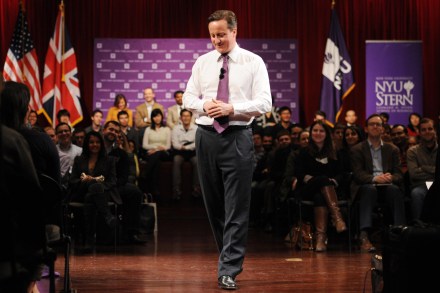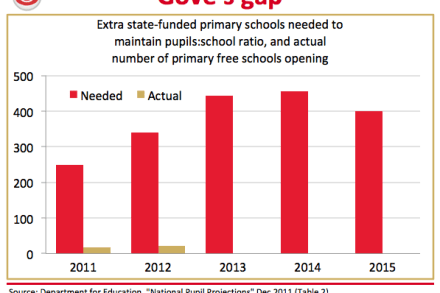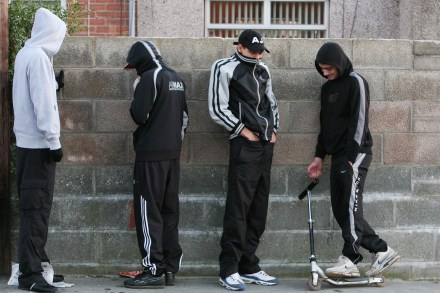Why are London Schools so Good?
Or, rather, why do children from poorer backgrounds do so much better in London than they do in other parts of England? That’s a question Chris Cook asks, almost as an afterthought, at the conclusion of a post that, to my untrained eye, makes a good case for ignoring much of the attractive* nostalgia for grammar schools. That is, grammar schools are grand for some of those who get in but, looking at a wider picture, they do much less (these days anyway) to promote social mobility than their advocates claim they do. Or, simply, poorer pupils do worse in Kent (a representative grammar school county) than they do in















